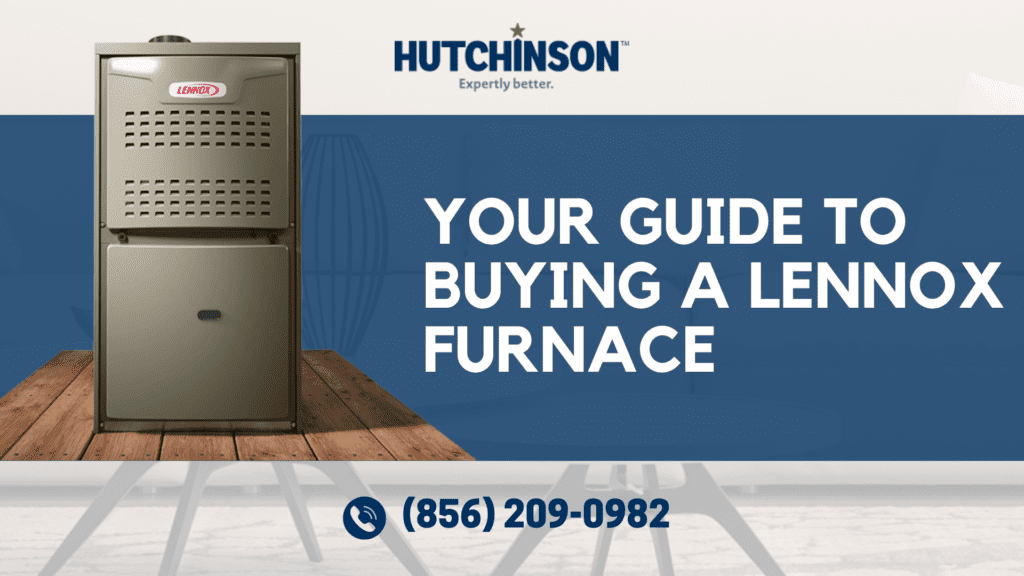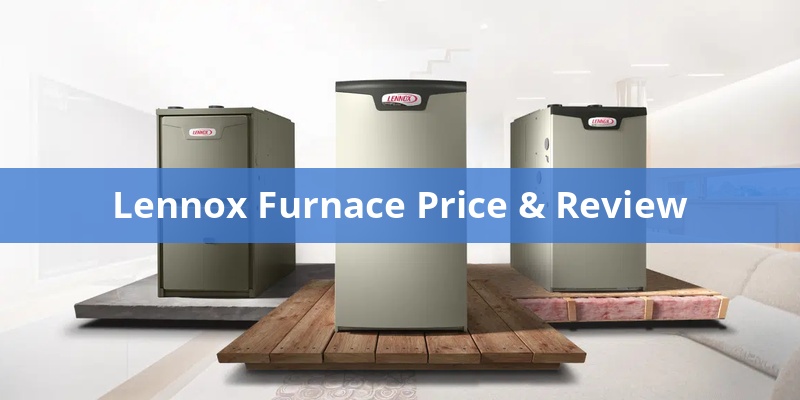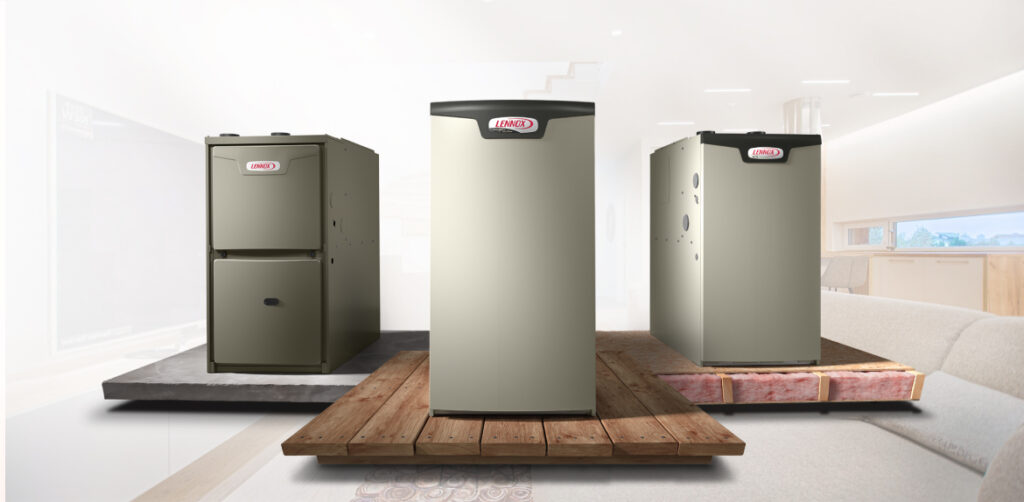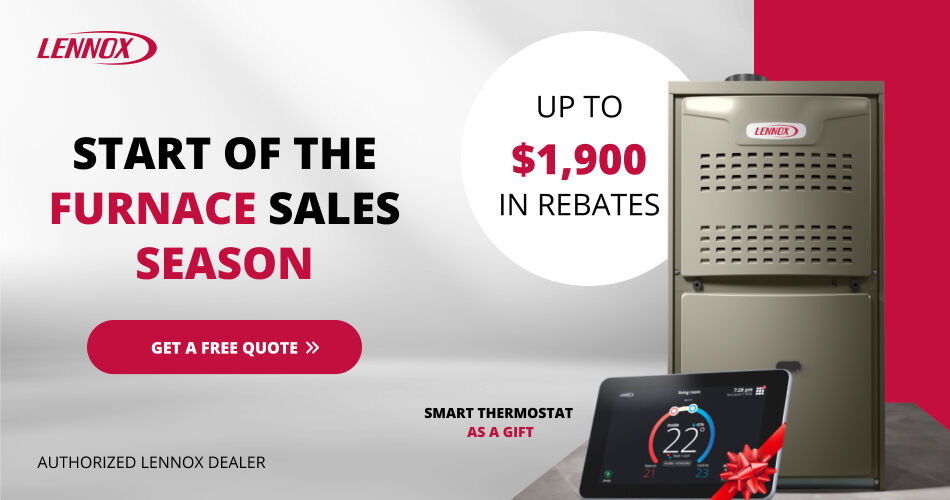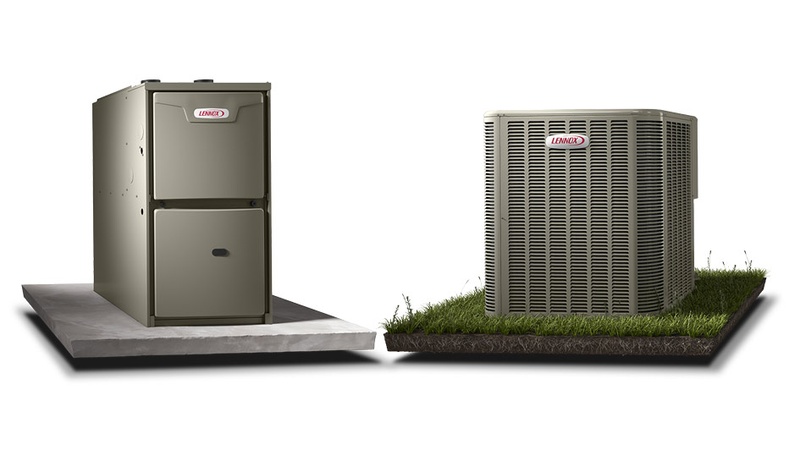Lennox Furnace Price List

Frequently Asked Questions About Lennox Furnace Prices
Choosing a new furnace is a significant investment, and understanding the potential costs is crucial. This FAQ aims to answer the most common questions about Lennox furnace prices, helping you make an informed decision for your home or facility.
1. What is the general price range for a new Lennox furnace?
Lennox furnaces are known for their quality and efficiency, and their pricing reflects that. Generally, you can expect to pay anywhere from $3,000 to $10,000+ for a new Lennox furnace including installation. This range varies significantly based on several factors:
- Furnace Model and Efficiency (AFUE): Higher efficiency models (those with higher AFUE ratings) typically cost more upfront.
- BTU Capacity: The size of the furnace (measured in BTUs) needed to heat your space impacts the price. Larger homes require higher BTU furnaces, increasing the cost.
- Features and Technology: Advanced features like variable-speed blowers, modulating burners, and smart thermostats contribute to a higher price tag.
- Installation Costs: Labor and materials for installation vary depending on the complexity of the job and your location.
- Ductwork Modifications: If your existing ductwork needs modifications or replacement, this will add to the overall cost.
- Dealer and Location: Pricing can vary between different Lennox dealers and geographic locations.
It’s crucial to get multiple quotes from different Lennox dealers in your area to compare pricing and services.
2. What are the main factors that influence the price of a Lennox furnace?
Several key factors determine the final cost of your Lennox furnace installation. Understanding these will help you anticipate the potential expenses.
- AFUE (Annual Fuel Utilization Efficiency): AFUE measures how efficiently a furnace converts fuel into heat. A higher AFUE rating means more efficient heating and lower energy bills, but typically a higher initial price. Lennox offers a range of AFUE ratings, from entry-level models around 80% to ultra-high-efficiency models exceeding 98%. Higher AFUE = Higher Price, Lower Operating Costs
- BTU (British Thermal Units): BTU rating indicates the furnace's heating capacity. The appropriate BTU rating for your home depends on its size, insulation, climate, and other factors. An undersized furnace won't adequately heat your home, while an oversized furnace can lead to short cycling and reduced efficiency. Correct BTU Sizing = Optimal Performance. A Lennox dealer can perform a heat load calculation to determine the precise BTU requirements for your home. Larger BTU = Higher Price.
- Furnace Type (Single-Stage, Two-Stage, Modulating):
- Single-Stage: Operates at only one speed (full capacity). It's the least expensive option but can be less efficient and less comfortable.
- Two-Stage: Operates at two speeds (high and low). Offers improved comfort and efficiency compared to single-stage models.
- Modulating: Operates at a variable range of speeds, adjusting the heat output to precisely match the demand. Provides the highest levels of comfort and efficiency but also the highest upfront cost.
- Features & Technology: Lennox offers various features and technologies that can impact the price, including:
- Variable-Speed Blower Motor: Provides consistent airflow and enhances energy efficiency.
- Smart Thermostat Compatibility: Allows for remote control and energy management.
- Sealed Combustion: Improves safety and efficiency by drawing combustion air from outside the home.
- Sound Dampening Technology: Reduces operating noise.
- Installation Costs: Installation costs can vary significantly based on:
- Complexity of the Installation: Replacing an existing furnace is typically less expensive than installing a new system in a home without existing ductwork.
- Ductwork Modifications: If your ductwork needs to be modified or replaced to accommodate the new furnace, this will add to the cost.
- Permits and Inspections: Local building codes may require permits and inspections, which can add to the overall cost.
- Labor Rates: Labor rates vary depending on your location and the experience of the installer.
3. Can you give me a breakdown of Lennox furnace models and their approximate price ranges?
While exact pricing varies depending on your location and specific dealer, here's a general idea of Lennox furnace models and their approximate price ranges (including installation):
- Lennox Merit Series: This is the entry-level series, offering reliable performance at an affordable price. Price Range: $3,000 - $5,000. Expect AFUE ratings typically around 80%.
- Lennox Elite Series: Offers a balance of efficiency, features, and price. Price Range: $4,500 - $7,500. Features include higher AFUE ratings (up to 96%) and potentially two-stage operation.
- Lennox Dave Lennox Signature Collection: The premium series, offering the highest levels of efficiency, comfort, and features. Price Range: $6,000 - $10,000+. Includes modulating furnaces with AFUE ratings up to 98% and advanced features like variable-speed blowers and smart thermostat compatibility.
Important Note: These are just estimates. Get quotes from multiple Lennox dealers for accurate pricing based on your specific needs and location.
4. Are there any rebates or tax credits available to help offset the cost of a new Lennox furnace?
Yes! There are often rebates and tax credits available that can significantly reduce the out-of-pocket cost of a new, energy-efficient Lennox furnace. Here's a breakdown:
- Federal Tax Credits: Depending on the AFUE rating and other specifications of the furnace, you may be eligible for federal tax credits. The specific requirements and credit amounts can change, so it's crucial to check the latest information on the Energy Star website or consult with a tax professional.
- Local Utility Rebates: Many local utility companies offer rebates for installing energy-efficient appliances, including furnaces. Check with your local utility company to see what rebates are available in your area. These rebates can vary based on the furnace's AFUE rating and other factors.
- Lennox Rebates: Lennox often offers promotional rebates on select furnace models. These rebates are typically offered for a limited time, so check with your Lennox dealer to see if any rebates are currently available.
- State Rebates: Some states offer rebates for energy-efficient upgrades. Check with your state energy office to see if any rebates are available.
Your Lennox dealer can often help you navigate these rebates and tax credits and determine which ones you are eligible for. Be sure to ask them about available incentives when you get your quote.
5. How can I get an accurate price quote for a Lennox furnace?
The best way to get an accurate price quote for a Lennox furnace is to follow these steps:
- Find Local Lennox Dealers: Use the Lennox website or online directories to find authorized Lennox dealers in your area.
- Schedule In-Home Assessments: Contact several dealers and schedule in-home assessments. During the assessment, the dealer will evaluate your home's heating needs, including:
- Square footage
- Insulation levels
- Climate
- Existing ductwork
- Discuss Your Needs and Budget: Be clear about your heating needs, budget, and any specific features you're looking for. This will help the dealer recommend the right furnace model for your home.
- Get Detailed Written Quotes: Ask for detailed written quotes that include:
- Furnace model number and specifications
- BTU rating
- AFUE rating
- Installation costs (including labor and materials)
- Any additional costs (e.g., permits, ductwork modifications)
- Warranty information
- Rebate and tax credit information
- Compare Quotes Carefully: Compare the quotes carefully, considering not just the price but also the value and reputation of the dealer. Read online reviews and ask for references.
- Ask Questions: Don't hesitate to ask the dealers any questions you have about the furnaces, installation process, or warranties.
Getting multiple quotes and carefully comparing them is the best way to ensure you get the best price and value for your new Lennox furnace.
6. What should I expect during the Lennox furnace installation process and what impacts the final price?
The installation process of a Lennox furnace can vary slightly depending on the complexity of the project, but generally, you can expect the following:
- Preparation: The installer will protect your floors and furniture before starting the work.
- Removal of Old Furnace (if applicable): If you are replacing an existing furnace, the installer will disconnect and remove it.
- Ductwork Modifications (if needed): If your ductwork needs to be modified or replaced to accommodate the new furnace, this will be done at this stage.
- Furnace Installation: The installer will carefully position and connect the new furnace to the ductwork, gas line, and electrical wiring.
- Testing and Calibration: The installer will test the furnace to ensure it is operating properly and calibrate it to your home's specific heating needs.
- Cleanup: The installer will clean up the work area and remove any debris.
- Explanation of Operation: The installer will explain how to operate the new furnace and answer any questions you have.
Factors that impact the final installation price:
- Accessibility: Difficult access to the furnace location (e.g., tight attic spaces, crawl spaces) can increase labor costs.
- Ductwork Issues: Significant ductwork modifications or replacements will add to the cost. This includes sealing leaks, adding new ducts, or resizing existing ducts.
- Gas Line Modifications: If the existing gas line needs to be modified or upgraded to meet the requirements of the new furnace, this will add to the cost.
- Electrical Work: If additional electrical work is needed, such as running new circuits or upgrading the electrical panel, this will add to the cost.
- Permitting and Inspections: The cost of permits and inspections can vary depending on your location.
- Emergency or After-Hours Service: If you need the furnace installed urgently or outside of regular business hours, you may be charged a premium.
A reputable Lennox dealer will provide a clear and detailed breakdown of all installation costs before starting the work.
7. What are the long-term cost benefits of investing in a higher-efficiency Lennox furnace, even if it has a higher upfront price?
While a higher-efficiency Lennox furnace typically has a higher upfront cost, the long-term cost benefits can be significant and often outweigh the initial investment. Here's how:
- Lower Energy Bills: Higher-efficiency furnaces use less fuel to produce the same amount of heat, resulting in lower monthly energy bills. Over time, these savings can add up to a substantial amount of money.
- Reduced Repair Costs: Higher-efficiency furnaces often have more advanced technology and are built with higher-quality components, which can lead to fewer repairs and a longer lifespan.
- Increased Home Value: Installing a new, high-efficiency furnace can increase the value of your home, making it more attractive to potential buyers.
- Environmental Benefits: Higher-efficiency furnaces produce fewer emissions, helping to reduce your carbon footprint and protect the environment.
- Rebates and Tax Credits: As mentioned earlier, you may be eligible for rebates and tax credits that can help offset the initial cost of a high-efficiency furnace.
- Improved Comfort: Many high-efficiency furnaces feature variable-speed blowers and modulating burners, which provide more consistent and comfortable heating throughout your home. This eliminates temperature swings and reduces drafts.
To determine if a higher-efficiency furnace is the right choice for you, consider your long-term heating needs, energy costs in your area, and the potential savings on energy bills. A Lennox dealer can help you calculate the payback period and determine which furnace model offers the best value for your situation. In the long run, investing in a high-efficiency Lennox furnace can be a smart financial decision that pays off in terms of lower energy bills, reduced repair costs, and increased comfort.


